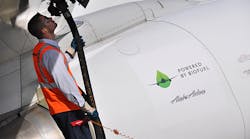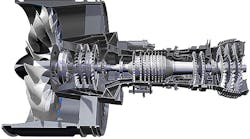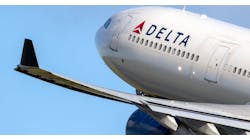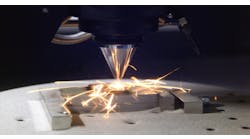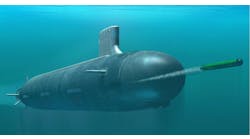Boeing Commercial Aircraft offered support for a proposed new standard to reduce aviation-sourced carbon-dioxide emissions. The International Civil Aviation Organization (ICAO) Committee on Aviation Environmental Protection (CAEP) recommended a new set of aircraft CO2 certification standards for future production of new design aircraft, and existing and in-production aircraft designs.
The ICAO is a United Nations agency assigned to codify principles and techniques for international air navigation, and to oversee planning and development of international air transport to promote safe and sensible expansion. There are 191 member nations.
For new, large aircraft designs, CAEP agreed to recommend an “aggressive” standard that would go into effect in 2020, and a standard for large existing aircraft types would apply beginning in 2023. A production cut-off for non-compliant aircraft would take effect by 2028.
Boeing's counterpart Airbus also endorsed the new standards program, and like Boeing detaied how it has invested in new emissions-control technologies for the new commercial aircraft models it is introducing.
CAEP recommended less stringent standards for smaller aircraft (less than 60 tons of maximum takeoff weight) would go into effect in 2020. The effective date for new aircraft with 19 seats or less is set for 2023. The standards for small existing aircraft would apply in 2023, and a production cut-off for non-compliant aircraft is set for 2028.
The CAEP standard follows more than six years of work by a group of experts from ICAO member states, industry, and non-governmental organizations.
"Boeing is fully committed to meeting the new CO2 emissions standard announced by ICAO,” the OEM announced. It said the agreement represents “real progress beyond the substantial industry achievements already made to reduce aviation emissions, with more steps ahead.”
"We have made significant investments to improve the efficiency and environmental performance of our products and will continue to do so,” according to Boeing.

